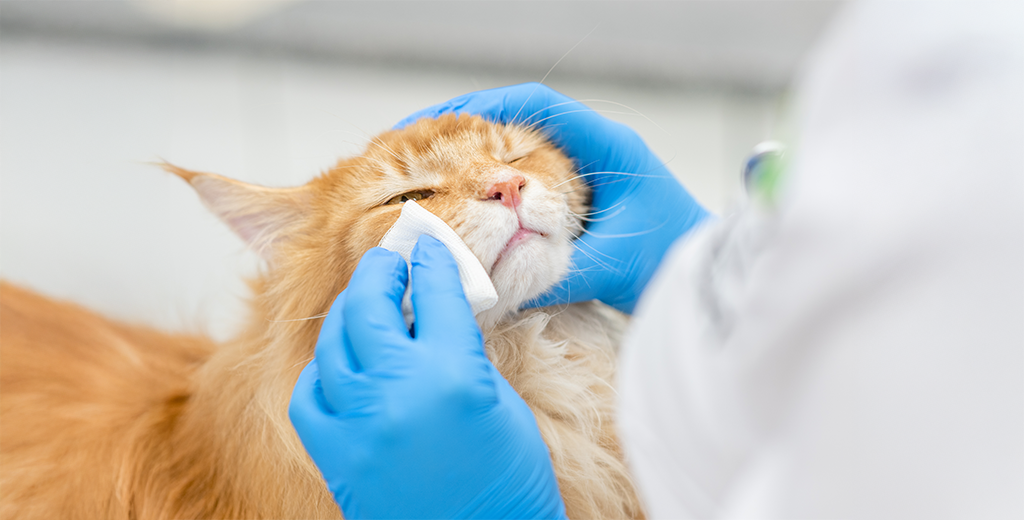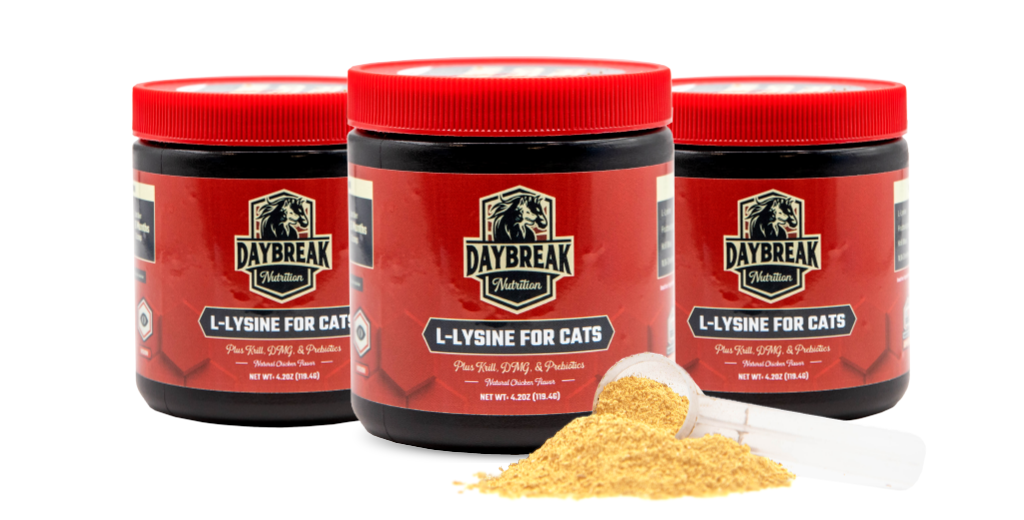Cats are known for their curious behaviors and unique traits, and their noses are no exception.
A cat’s moist nose helps them enhance their sense of smell, but when a nose is excessively wet or runny, it can be a sign of an underlying issue.
Understanding what causes a wet nose in cats and how to address it is crucial for ensuring your feline friend stays healthy and comfortable.
In this post, we are going to explore effective ways to reduce a cat’s wet noses, starting with the common causes behind it.
Let’s dive in!
What Causes Wet Noses in Cats?
A wet nose in cats can have several causes, ranging from normal physiological processes to health concerns that need attention:
- Normal Hydration: Cats naturally have moist noses, which help them detect scents better. Slight moisture is usually nothing to worry about.
- Allergies: Environmental allergens like pollen, dust, or mold can lead to a wet or runny nose.
- Respiratory Infections: Viral or bacterial infections, such as feline herpesvirus, can cause nasal discharge.
- Foreign Objects: A foreign object like a small piece of grass or debris can irritate the nasal passages.
- Stress or Environmental Factors: Changes in temperature, humidity, or stress levels may result in increased nasal moisture.
5 Ways to Reduce a Cat’s Wet Nose
If your cat’s wet nose is due to an underlying condition, these strategies can help alleviate the issue.
Always consult your veterinarian for a proper diagnosis before trying any remedies.
1. Supplement with Cat Lysine
Cat Lysine, an amino acid supplement, is one of the most effective ways to manage nasal issues related to feline herpesvirus and other respiratory infections.
Lysine helps to boost the immune system and reduce the frequency and severity of respiratory flare-ups, making it essential for cats prone to viral infections.
Out of all the lysine supplements my cat has tried, Daybreak Nutrition’s L-Lysine for Cats.
Daybreak’s L-Lysine for Cats is a powerful supplement designed to support your cat’s immunity and respiratory health, helping reduce issues like wet noses caused by viral infections.
With 900 mg of L-lysine per scoop, it inhibits virus replication while prebiotics, krill, and DMG provide additional immune, gut, and omega-3 support.
The convenient powder form is easy to digest and works as a nutritious food topper, ensuring your cat gets the support they need for a healthy nose and overall well-being.
Simply follow the directions on the back and you’re good to go!
2. Address Allergies with Environmental Changes
If your cat’s wet nose is caused by allergens, reducing exposure can significantly help.
Use air purifiers to minimize allergens in your home.
In addition, regularly clean up your cat’s bedding, toys, and favorite lounging spots.
Lastly, avoid scented candles, air fresheners, or strong cleaning products that could irritate their sensitive nose.
By creating an allergy-friendly environment, you can lessen the impact of allergens on your cat’s nose.
3. Provide a Balanced Diet with Immune Support
A nutritious diet rich in essential vitamins and minerals can strengthen your cat’s immune system, helping them fight off infections and reduce nasal discharge.
Include Omega-3 fatty acids, antioxidants, and high-quality protein to support overall health and reduce inflammation.
Also consider supplementing with probiotics and immune boosters that can also enhance your cat’s natural defenses against infections.
4. Use a Humidifier
Keeping the air in your home humid can prevent your cat’s nose from overproducing moisture, particularly during colder months when indoor air tends to be dry.
Dry air can irritate a cat’s nasal passages, leading to excessive wetness as their body tries to compensate.
A humidifier can maintain optimal humidity levels and improve respiratory health.
5. Consult a Veterinarian for Persistent Issues
If your cat’s wet nose persists despite your efforts, it’s essential to seek veterinary advice.
Chronic nasal discharge could indicate a more severe condition, such as:
- Feline upper respiratory infections
- Nasal polyps or tumors
- Dental problems that affect the sinuses
A veterinarian can perform diagnostic tests and recommend treatments like antibiotics, antihistamines, or more targeted therapies.
When to Worry About a Wet Nose
While a mildly moist nose is normal for cats, watch for these warning signs that require immediate veterinary attention:
- Yellow, green, or foul-smelling discharge
- Difficulty breathing or wheezing
- Loss of appetite or lethargy
- Frequent sneezing or coughing
Supporting Your Cat’s Wet Nose
A cat’s wet nose may possibly be just a sign of good health, but it can also signal underlying issues that need attention.
By supplementing with Cat Lysine, addressing allergens, improving your diet, using a humidifier, and consulting a veterinarian when necessary, you can ensure your cat stays healthy and comfortable.
With these tips, your furry friend will be back to their playful, curious self in no time.
Thank you for reading!

